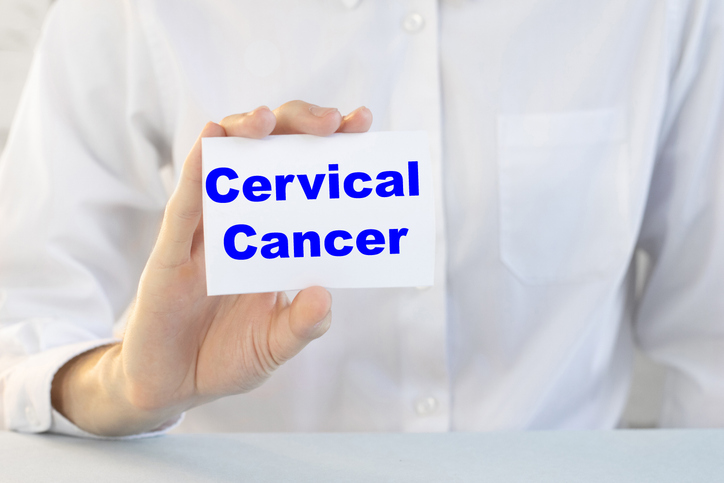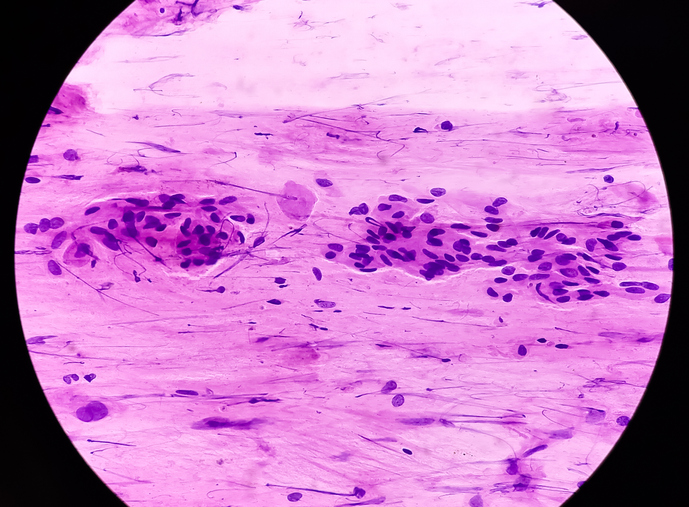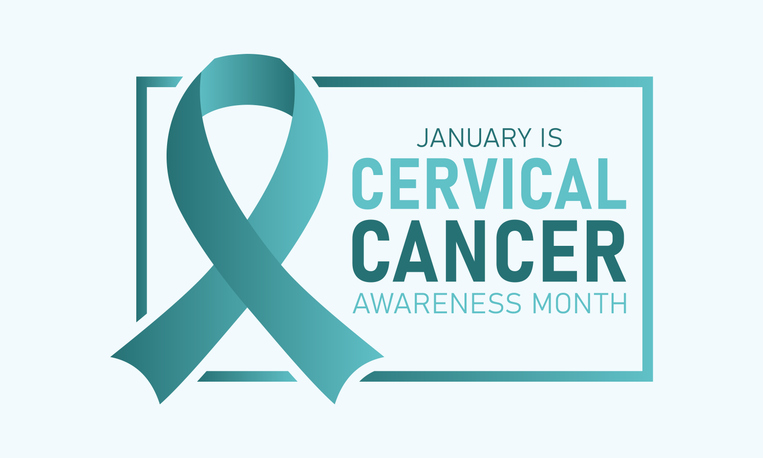
A research team from LSU LCMC Health Cancer Center has been awarded a $1.5 million grant to help break down barriers to cervical cancer prevention. The 5-year program combines a $1.2 million award from the American Cancer Society and $75,000 a year for 5 years from LSU Health New Orleans.
Louisiana has one of the highest cervical cancer death rates in the United States. Cervical cancer rates are known to be higher in predominantly Black communities represented in both New Orleans and rural areas of Louisiana. Notably, Black women in Louisiana are diagnosed with and die from cervical cancer at a significantly higher rate than the US rates for Black women.
The research project at LSU LCMC Health Cancer Center that received the grant will focus on increasing screenings and eliminating barriers that prevent women from accessing cancer prevention services after being screened.
“With prevention through an HPV vaccine and early detection, no one should develop or die from cervical cancer,” said Dr. Michael Hagensee, a professor in the Department of Medicine at LSU Health New Orleans, via a press release. “We have the tools to prevent cervical cancer, but we aren’t using them to their fullest potential. By identifying barriers to cancer prevention services and better understanding why there is resistance to accessing screening, we can focus on overcoming these barriers to ultimately eradicate cervical cancer.”
Previous studies have shown that transportation constraints, economics, distrust in the health care system, fear, and reduced access to cancer prevention education can contribute to barriers in care. This sizable research grant will help identify the obstacles some women may face and work toward strategies to overcome them.
New Orleans Health Director Dr. Jennifer Avegno commented, “We are proud of the work LSU LCMC Health Cancer Center is doing to address the disparities in cervical cancer screening and prevention among [Black] women in our city. This grant is a vital step toward reducing the burden of this disease and improving the health outcomes of our community.”







 © 2025 Mashup Media, LLC, a Formedics Property. All Rights Reserved.
© 2025 Mashup Media, LLC, a Formedics Property. All Rights Reserved.